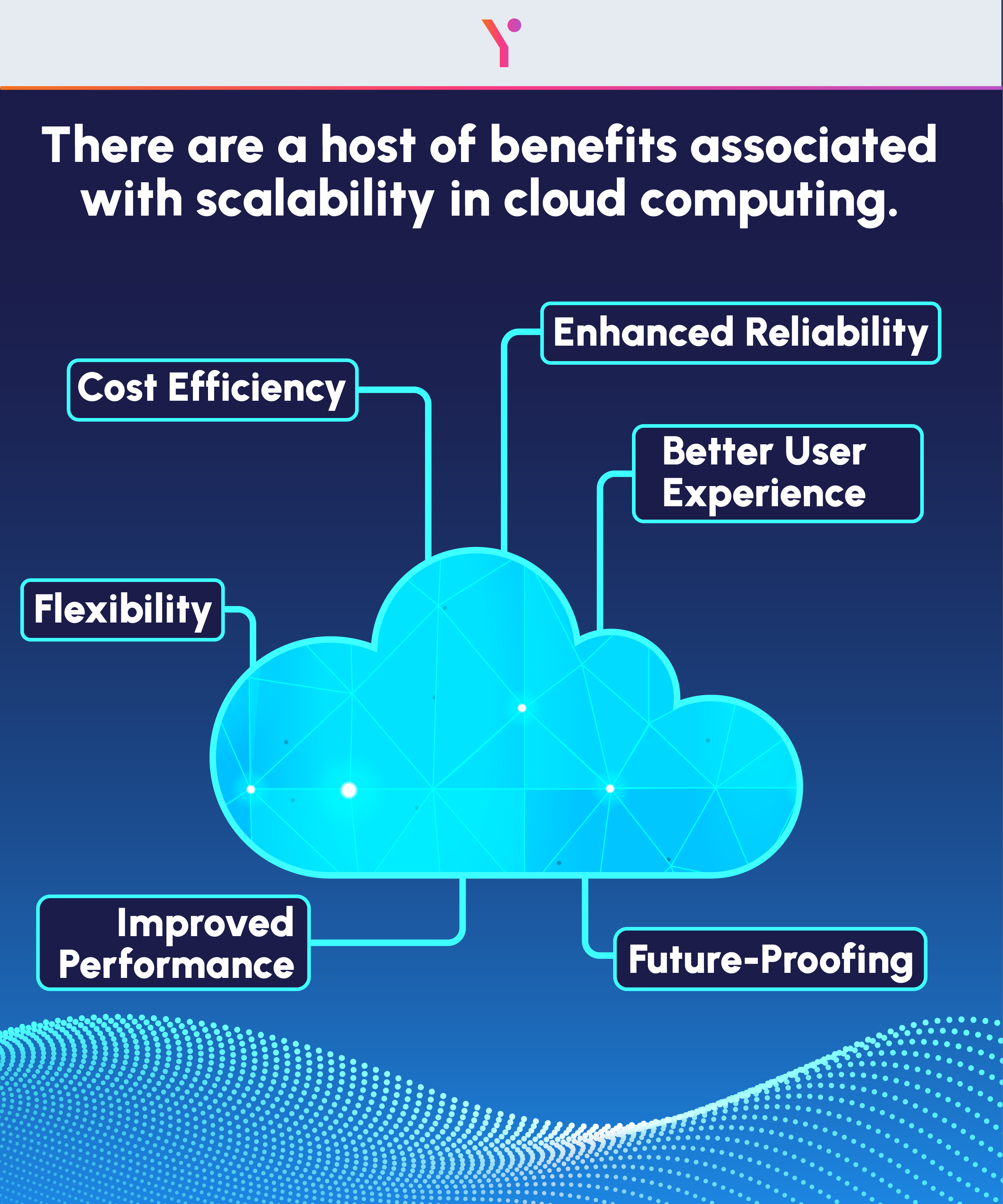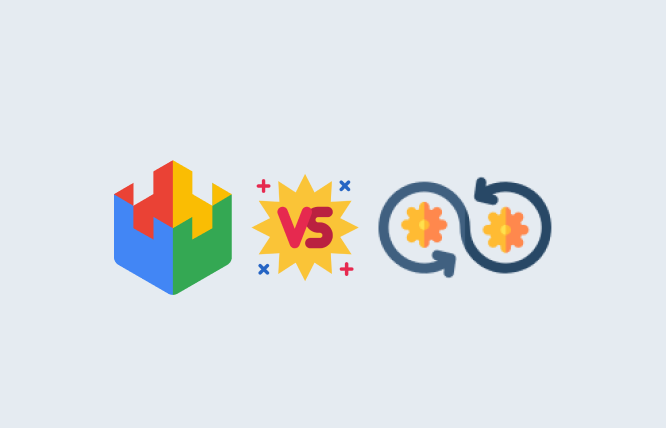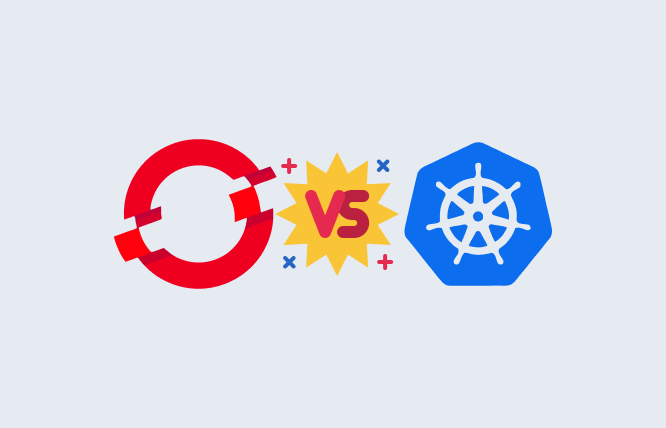Introduction
Scalability in cloud computing can assist today’s businesses in more than one way and is often considered a futuristic solution to a host of problems.
When we talk about cloud scalability, this is a reliable and flexible data infrastructure that can either scale up or down with regards to the amount of applications, data, and the sort of locations to support the evolving business objectives and demands. If you are interested in learning more about scalability in cloud computing, then read on, as this blog will be a great read for you.
Afterwards, you may want to look into a host of concepts, such as cloud development services, AWS consulting services, and Google Cloud consultancy.
Defining Scalability In Cloud Computing
Scalability in cloud computing lets businesses properly scale their existing computational resources both up and down, and according to the specific requirements. The result is the assurance of a low infrastructure disruption. Scalability is commonly defined as the cloud’s capacity to manage workloads, and this is done by decreasing or increasing resources according to the demand. There are two types of this scalability: vertical and horizontal.
Important Points that Affect Cloud Scalability
- There must be provisions in cloud architecture with regard to the division of workloads through a host of forces for scaling resources and better-managing traffic spikes.
- Real-time monitoring will permit the tracking of resource utilization patterns, loopholes, and other scalability issues.
An Analysis of Cloud and Scalability
It is pertinent to state here that cloud scalability can conquer a good number of the limitations associated with legacy data storage. This is done by offering a unifying data infrastructure that has a host of vital advantages. Let’s take a look at these advantages in some detail:

Scale-Efficient
The allocation and reallocation of resources are done easily and quickly, and this is with regard to the evolving demands.
Load-Balancing
The process of automatic load-balancing tends to distribute workloads across the system. This goes on to enhance the overall availability and reliability of the resources.
Versatility
Within a given system, data can be stored as tables, event streams, objects, files, and more.
Open Access
A host of specialized tools with various APIs can access particular data at any time.
Gains Associated with Cloud Scalability
It is in the nature of a scale-efficient system to scale up as well as down. This is with regard to the variety and number of locations, machines, applications, and data involved. In light of this, let’s see what authentic cloud scalability really is:
Changeable
Adapting to changing requirements and demands without requiring rearchitecting. This either means pulling back down or expanding capability.
Flexible
The performing of a host of functions by utilizing various applications and tools, and all of this is on the very system.
Reliable
Uninterrupted work through traffic spikes and hardware failures.
Efficient
The permitting of a single IT team to support a host of systems and projects with the same underlying data structure.
Straightforward
The streamlining of architecture and workloads for a better degree of performance and a future-proof, cost-effective system.
When to go for Cloud Scalability?
It is commonly observed that large-scale systems attract numerous complications. Furthermore, large firms are prone to spawning a host of independent systems, which are crafted for separate purposes in separate places. It is in the nature of individuals to emphasize the problems that they face. This is how a host of problems evolve various unconnected solutions. Usually, enterprise systems grow rather unnecessarily with wasted resources and siloed data.
If you are part of an enterprise that is expanding and seeking to include a host of systems in more than one location, it should do a thorough evaluation of its IT infrastructure. This will go on to ensure that it has a system that is cost-efficient and effective for its existing requirements and can also adapt to changes.
Any upcoming change could translate into a scale-up in size. On top of this, it may mean the introduction of new technologies such as artificial intelligence (AI) or machine learning. It should be doable for a scale-efficient system to seamlessly adapt to such changes without needing to fundamentally rearchitect or without downtime.
Cloud Scalability and Today’s IT Infrastructure
Organizations of all sorts are giving a great deal of importance to cloud scalability. It is commonly understood that scalability in cloud computing can be achieved with the assistance of virtualization. This will then let organizations scale performance and resources as per their requirements. The following are some of the most pressing reasons that highlight the value of cloud scalability in today’s modern IT infrastructure:
Reason 1
Cloud stability assists businesses in their attempts to scale up their resources and accommodate dynamic workloads. This is dependent on demand. Additionally, it downgrades resources during low-demand hours, and this is for the purpose of optimizing resource utilization. It is because of the dynamic scaling of resources that a business pays for only the resources that it utilizes.
Reason 2
Scalability in cloud computing presents high performance. This is done by tweaking the resources during increased workloads and peak hours. As a result, minimal service disruption and all-time availability are assured. Cloud service providers are powered by data centres in a host of regions. This lets businesses deploy their services and applications close to their target audience. The result is the assurance of low latency access, quick response times, and a superior user experience. On top of this, it paces up new product-related development and services, bringing down their time to reach the market and allowing companies to innovate in a rapid manner. It also decreases development cycles.
Concluding Remarks
The information presented in this blog has highlighted that scalability in cloud computing greatly assists today’s tech-savvy businesses. This is because scalability is basically the capacity of a given cloud infrastructure to scale up/down resources for the purpose of meeting the evolving workload demands. So, if you are associated with a business that has yet to make use of cloud computing, then you should seriously consider it. While you do so, it will be best for you to take a good look at a host of related concepts, such as serverless web development and the Azure cloud consulting company.
Finally, if you want to speak with experts who are well-versed in scalability in cloud computing, then speak to Futurbyte. This is a globally recognized software solutions provider that serves clients hailing from different parts of the globe.
Frequently Asked Questions
This refers to the overall ability of a network, application, or system to take care of an increasing number of workloads or to adjust according to a rising workload.
Scalability in cloud computing is of two types. These are vertical and horizontal scalability. With horizontal scalability, more resources such as nodes and servers are added to a system. With vertical scalability, there is the involvement of the growing capacity of already present resources, such as a server’s RAM or CPU.
Some of the most renowned techniques in this regard are clustering, load balancing, and sharding/partitioning data stores or databases.
It is well-known that horizontal scalability paves the way for a better degree of performance via load balancing, enhanced fault tolerance, and the ability to better deal with sudden workload or traffic spikes.
This sort of scalability is also referred to as scale-up. Here, there is an increase in the overall capacity of the already present resources. This includes a server’s storage capacity. It is commonly observed that vertical scalability is ideal for those applications that demand a greater level of memory or processing power but could have limitations with regards to scalability when comparing with horizontal scalability.
Have questions or feedback?
Get in touch with us and we‘l get back to you and help as soon as we can!




